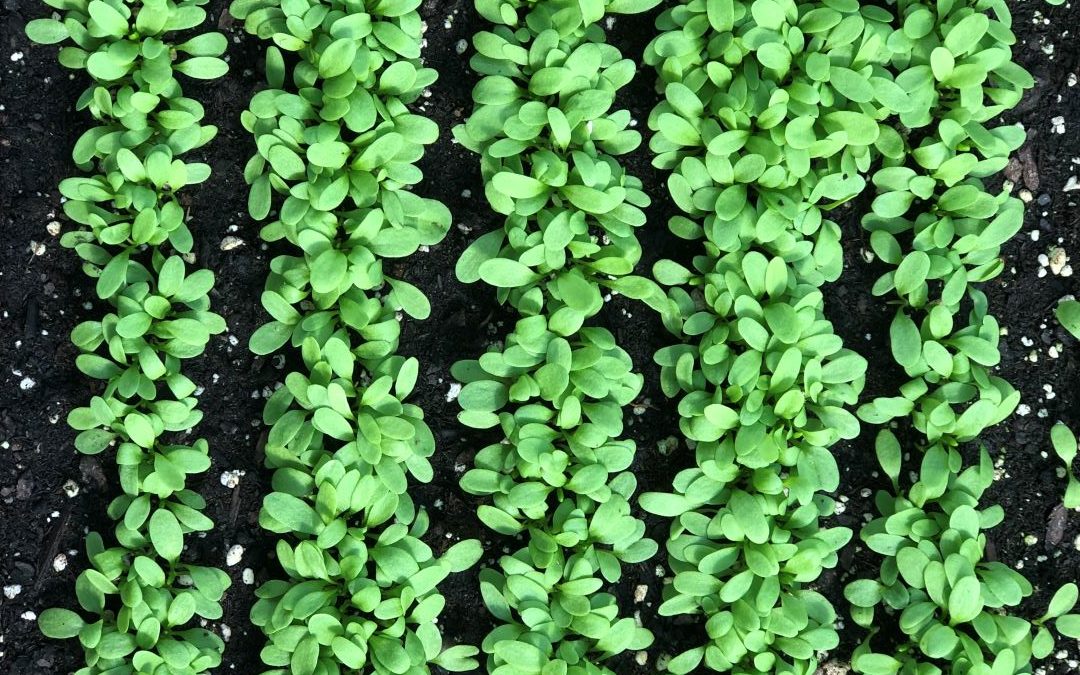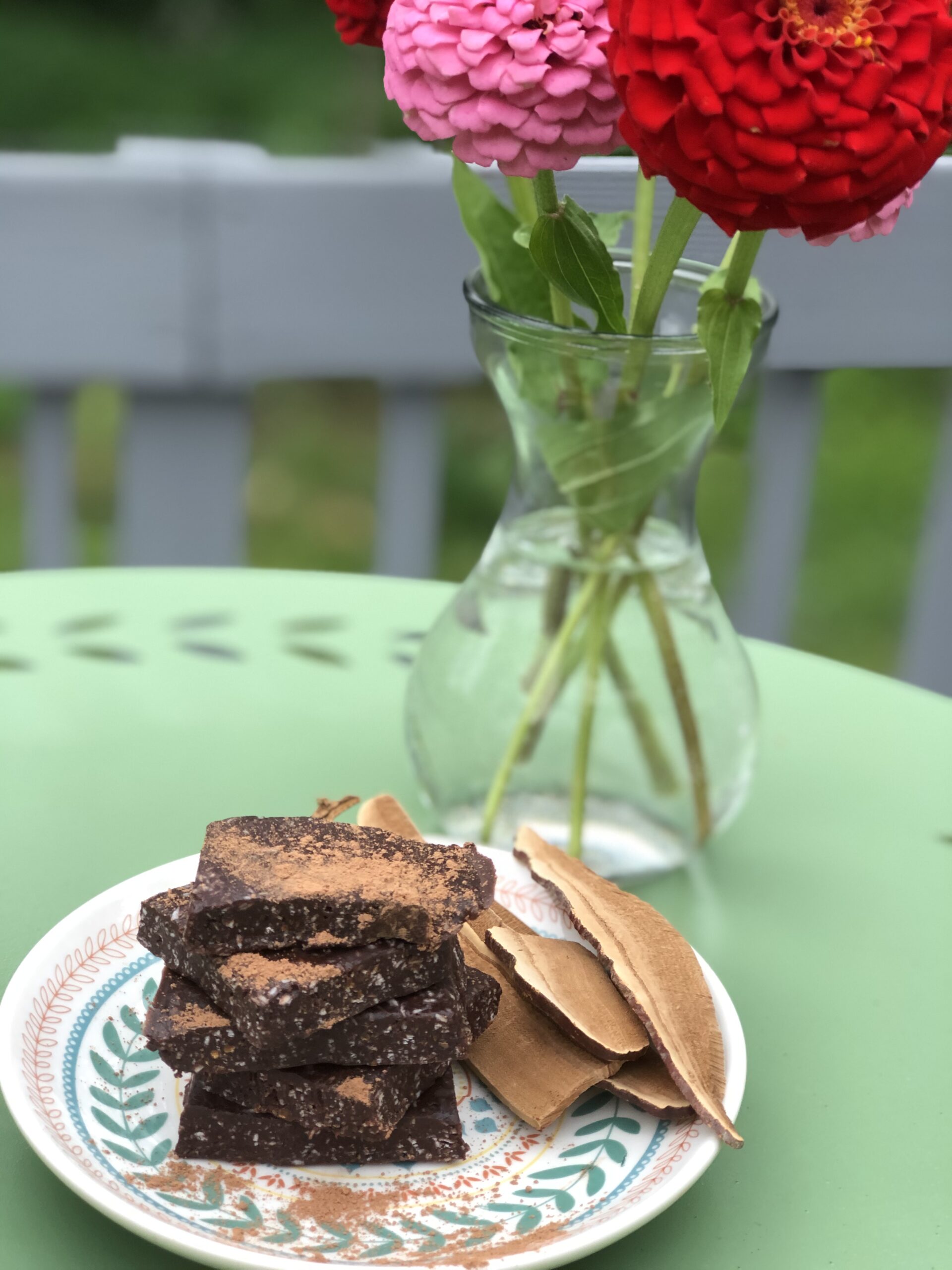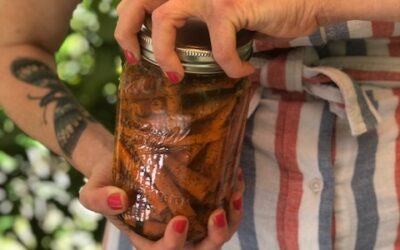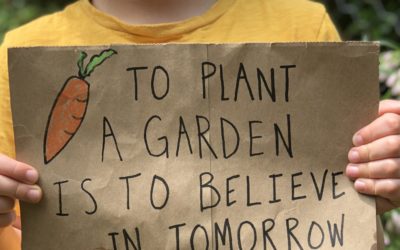Spring is officially here and the last frost of the season is looming near. It’s time to start seeds! In Connecticut, many vegetables require too many days to fully mature if sown as seeds directly in the ground. Start your seeds indoors in a sunny window, preferably south-facing as seedlings require a lot of light, or under a grow lamp in order to get a jump on the season. Seeds will typically germinate more quickly in warmer temperatures, ranging between 65-75°F. If you don’t have these conditions, you can always by CT farm-grown seedlings to plant in your garden!
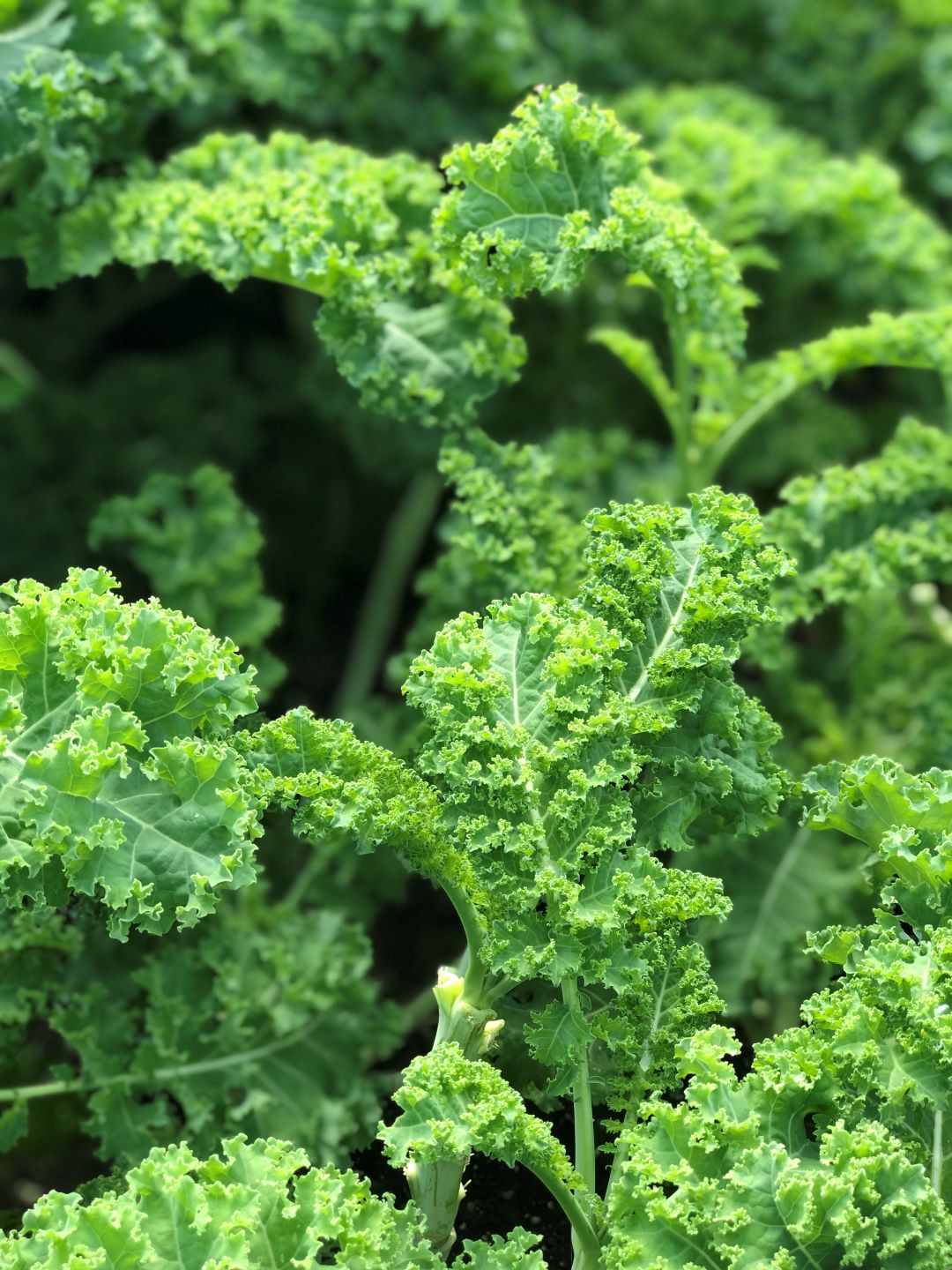
Seed Starting Basics
- Fill clean containers (options include seedling flats, peat pots, egg cartons, etc.) with a potting mix formulated for germination. Make sure that the soil mix is flush with the lip of the container to provide for proper air flow. We recommend using Coast of Maine’s Sprout Island Organic Seed Starter. The mix should be loose and moist.
- Plant seeds according to instructions on the seed packet. Most small vegetable seeds – like lettuce, tomatoes, and cabbage – do well gently pressed into the soil with a fingertip( a 1/4 in. covering of soil is plenty). For larger seeds, like squash and sunflowers, plant a little deeper. Seed 1-3 seeds per cell.
- Keep soil moist but do not over-water. A good rule of thumb is to wait for the top of the soil to dry out before watering. Take care not to deluge them with a single-stream watering can.
- After the seeds germinate and the first true leaves appear, make sure they are not over-crowded. Thin to the strongest looking plants, leaving one seedling per cell.
- As the seedlings grow, pot them up into larger containerswith fresh potting mix to ensure adequate fertility. An organic liquid fertilizer can also be used as a foliar feed to promote plant vigor. We carry a full array from Coast of Maine.
- When it’s nearing time to plant your seedlings, first harden them off. Moving your seedlings outdoors prior to planting allows them to acclimate to the environmental changes before disturbing their roots during planting.
- Transplant! Choose a calm overcast day – early morning or late afternoon is best – and plant your well-watered seedlings into your garden soil.

Seeds to Sow as Starter Plants
Alliums – The crop family including onions, shallots, leeks, and scallions. Sow indoors starting in early March as they require a long time to mature. Scallions can be seeded every three weeks for tender green onions all season long. Transplant starting in mid-April through mid-May.
Brassicas – Cabbage, kale and collards, broccoli, cauliflower, and Brussels sprouts are just a few of the many crops in this diverse family. Start indoors March-April for a spring crop. They’re cold-tolerant and can be transplanted mid-April through mid-May. Another round of seeds (excluding Brussels) can be sown for a fall planting.
Cucurbits – Cucumbers, melons, summer and winter squash are vigorous growers that can be sown directly in the ground after danger of frost. However, starting them early means an earlier harvest and, in the case of winter squash and melons, can lead to increased yields.
Nightshades – Tomatoes, peppers, eggplant, and tomatillos like it hot and must be started indoors to mature in our climate. Start indoors in March-April and transplant after danger of frost has passed.
Greens – Many salad greens do best in cold weather. Start head lettuce, spinach, and chicories early to beat the heat. Sow head lettuce every three weeks for a continuous supply. Sow a fall crop of your favorite greens in August-September.
All the seeds we offer are certified organic. Not only are they not produced using synthetic pesticides and fertilizers, they’re produced in organic conditions. This means the seeds are well-suited to be grown organically. Check out our diverse selection from High Mowing Organic Seeds and Hudson Valley Seed Company.
We also carry certified organic vegetable and herb seedlings from Fort Hill Farm in New Milford, CT, and Gilbertie’s Herbs in Easton, CT.
More New Morning News
DIY with Chaga & Reishi Mushrooms!
Reishi Mushroom Fudge Prep time: 30 min. Serves: 4-6Ingredients 1/4 cup dehydrated reishi (powdered in coffee grinder) 1/4 cup cocoa powder 2 tbsp. coconut shreds 2 tbsp. coconut oil 2 tbsp. cacao butter 4 tbsp. honey 1 tsp. vanilla 1 pinch sea salt optional garnish:...
Penny’s Quick Pickles
Pickling is easier than you think whether it’s a quick pickle or you’re “putting up” for the months to come.
Out Standing in the Garden
To quote Audrey Hepburn, “To grow a garden is to believe in tomorrow”. This once hobby for so many of us may now have a deeper meaning that provides us with a new connection to our ancestors and their need to provide nutrition and a good life for their family and friends.

